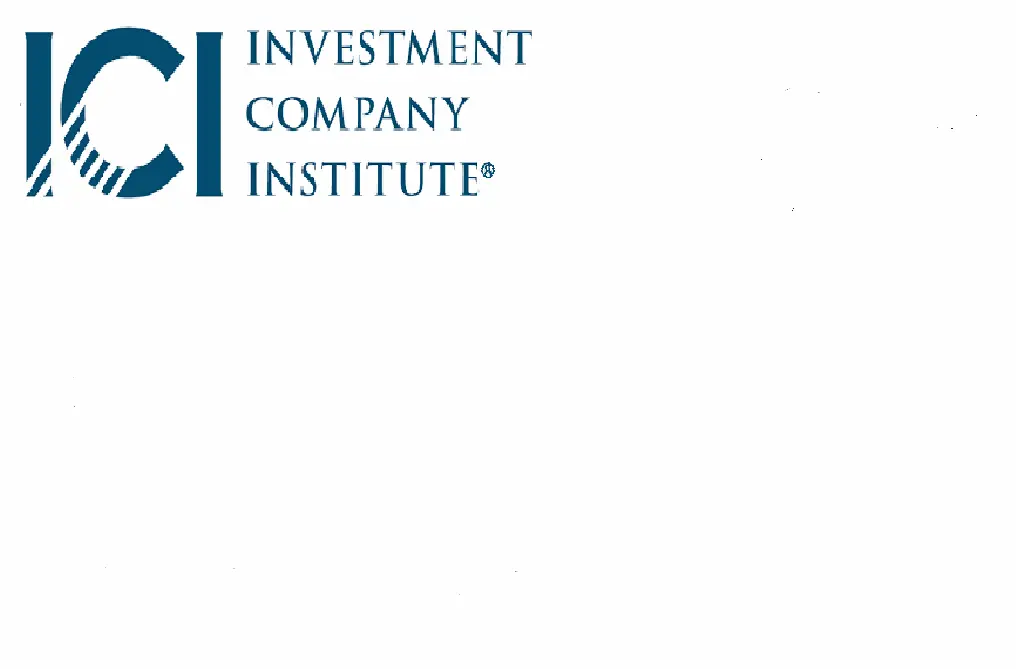

Its mission is to strengthen the foundation of the asset management industry for the ultimate benefit of the long-term individual investor. It seeks to accomplish this by:
- building a strong foundation for the industry by helping to strengthen policy and regulatory frameworks and encouraging sound governance, operational, and fiduciary practices.
- serving as a focal point for collaboration among members in proactively addressing the industry’s most critical strategic issues and in setting robust standards that help the industry grow in a sustainable way.
- advancing the interests of the individual investor through education and expanding access to regulated funds and other professionally managed products that help them meet their financial goals.
The ICI’s public policy work highlighted here focuses on two comments issued recently.
Climate work
Among the many policy papers ICI has written in this area, there is only room in this opinion to cite one, the ICI’s response to the Australian Treasury's request for comment on developing a climate-related reporting framework for the country. ICI submitted its response in February 2023. The financial services world is asking questions of all kinds on the climate emergency, and it is hard in terms of business planning and disclosure to find answers that can provide useful information that is reliable, consistent, and able to cross borders for analysis worldwide on a common basis. That is a very high barrier, but one financial service requires.
ICI lent its support to the Australian Treasury’s proposal to leverage common global baseline standards, as are being developed by the International Sustainability Standards Board (ISSB),2 in its new climate-related financial disclosure framework. Consistent with its response to the ISSB’s July 2022 consultation, this approach should allow jurisdictions everywhere to build on a common foundation while facilitating local initiatives. The global adoption of ISSB’s work will facilitate asset managers’ tasks everywhere – they will be competing for performance on the same disclosure basis.
ICI flagged two points to the Australian Treasury that resonate. Data challenges remain as significant obstacles in determining Scope 3 greenhouse gas (GHG) emissions, based on current science. Given that data gaps remain and the unified methodology for measurement has not yet been decided, ICI views it best to leave this element out of reporting for now. The writer of this opinion would approve that, provided that the information gap is clearly indicated to users of these disclosures. That would be better than publishing wrong, potentially materially misleading information that is not established on a generally accepted basis.
Second, authorities have to determine levels of ISSB disclosures that are proportionate to the scale of the company or fund. One size does not fit well for all. A small cap fund may be specialized in companies that are themselves specialized in an industry that does not generate large amounts of greenhouse gases. Service industries are likely to generate proportionately less greenhouse gases than manufacturers or transportation companies, to cite one example. The question of proportionality is valid for the component companies in such a fund small, as well as the fund itself. In this writer’s view, the disclosure should describe this circumstance, and note that the fund (and its component securities issuers) await more precise definition as to the extent of what they should share with the market.
Foreign Direct Investment (“FDI”)
A second subject area where ICI published an opinion recently concerned FDI.3
Many countries around the world, including the United States, have long-standing safeguards against takeovers by foreign investors in strategic sectors, such as defense, utilities, and transportation. However, in the eyes of the ICI authors, the walls inhibiting foreign investment on the basis of national security are growing higher in many jurisdictions.
Controls against foreign direct investment are starting to apply beyond the takeover context, often triggered by lower levels of foreign investment than before—at 10 percent or even 1 percent of a company’s shares. Many controls include significant penalties for noncompliance. In addition, because of the COVID-19 crisis, countries such as Germany, France, and Spain have extended their controls into to the healthcare and biotech sectors.
Governments around the globe have a legitimate interest in protecting national security and the public health of their citizens. But foreign direct investment laws are often drafted so broadly that regulated funds and their managers are getting swept up, even when the portfolio managers are neither activist investors intending to change the strategic direction of a company, nor do they intend to take over a company. Their work is regulated funds management, itself a different discipline. As economies evolve along with global strategic questions, it is in these governments’ interest to strike a better balance in their rules, so that they can protect national security while still allowing beneficial investments that help their countries’ companies and industries grow. Providing exclusions or safe harbors to global regulated funds and their managers would help achieve this objective.
The ICI has not yet published its 2022 fact book. For 2021, regulated funds publicly offered to investors in jurisdictions worldwide managed US$ 68.6 trillion in total net assets. Foreign investments made up a significant portion of regulated funds’ investments—an estimated 22 percent of assets under management (AUM) of US-registered investment companies is invested outside the United States, and an estimated 70 percent of AUM of UCITS is invested outside the European Union. Asset managers of these funds invest on behalf of others to fulfill the stated investment objectives of their funds - with no intention to control or secure board seats of their portfolio companies. Again, portfolio management is a distinct discipline and is regulated as such and noted in the fund prospectus.
Too often governments do not recognize that investment funds and their managers differ from state-sponsored or activist shareholders. For example, in January 2022, Australia implemented major reforms to its foreign investment review framework, including the introduction of new national security powers that require the screening of investments that may raise national security concerns. The government was given the authority to “call in” for review actions that were not otherwise notified. Under the law, foreign investors that want to acquire an interest—typically 10 percent or more—in a “national security business” must notify the government of their plans and await approval. Noncompliance carries heavy costs: criminal penalties of up to 10 years in prison, and civil penalties of up to AUS$ 525,000,000.
To help preserve and encourage foreign investments that do not threaten national security, countries could exclude, or provide safe harbors to, certain investors—such as regulated funds—subject to compliance with certain conditions. Some countries have already chosen this type of approach. Japan’s recently implemented foreign direct investment controls exempt certain regulated foreign financial institutions, including asset management companies and registered investment companies, provided they comply with conditions such as not becoming directors or corporate auditors of the target company.
Other
ICI also publishes research and policy statements on taxation, funds regulation, and capital markets structure questions, though nothing that is too current. The statistics compilations are also valuable for everyone active in investment management.
